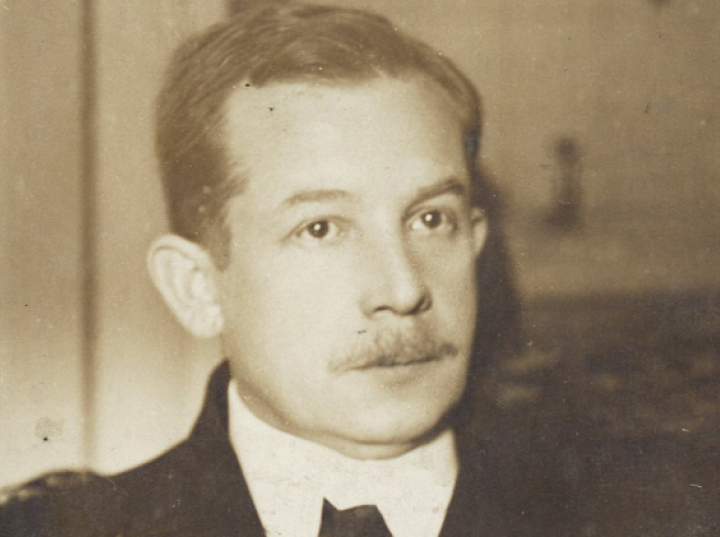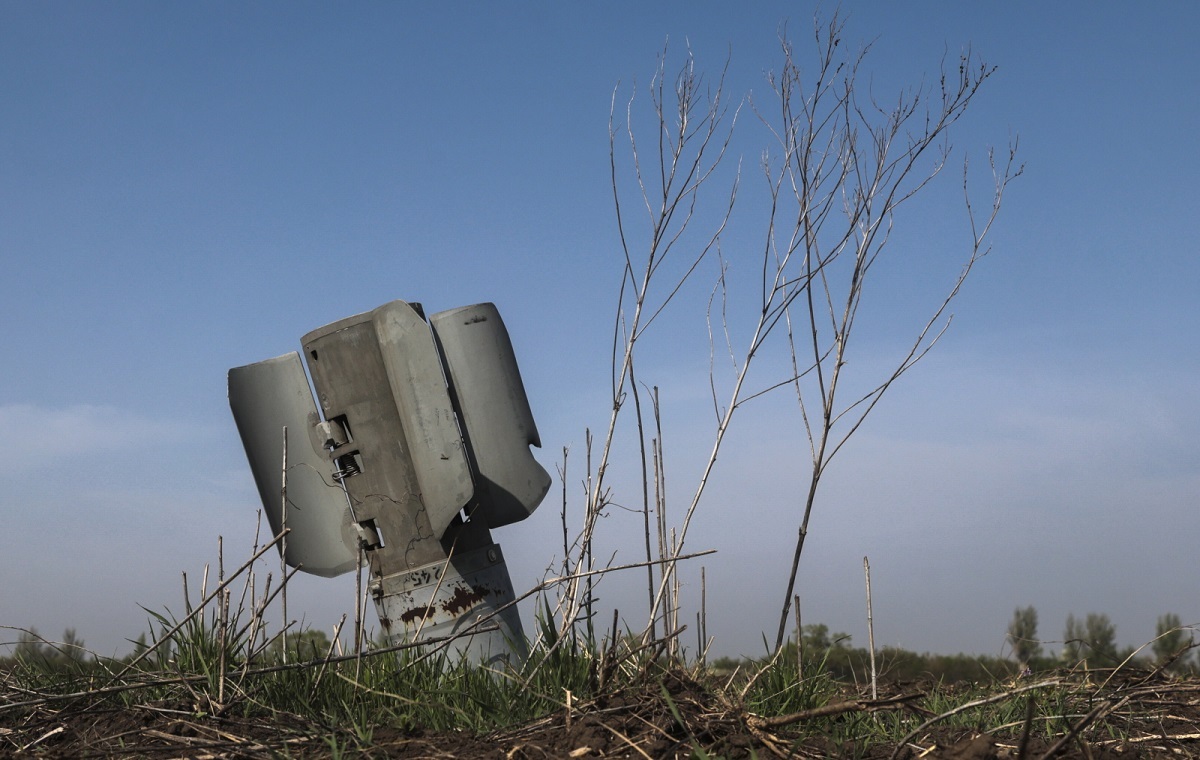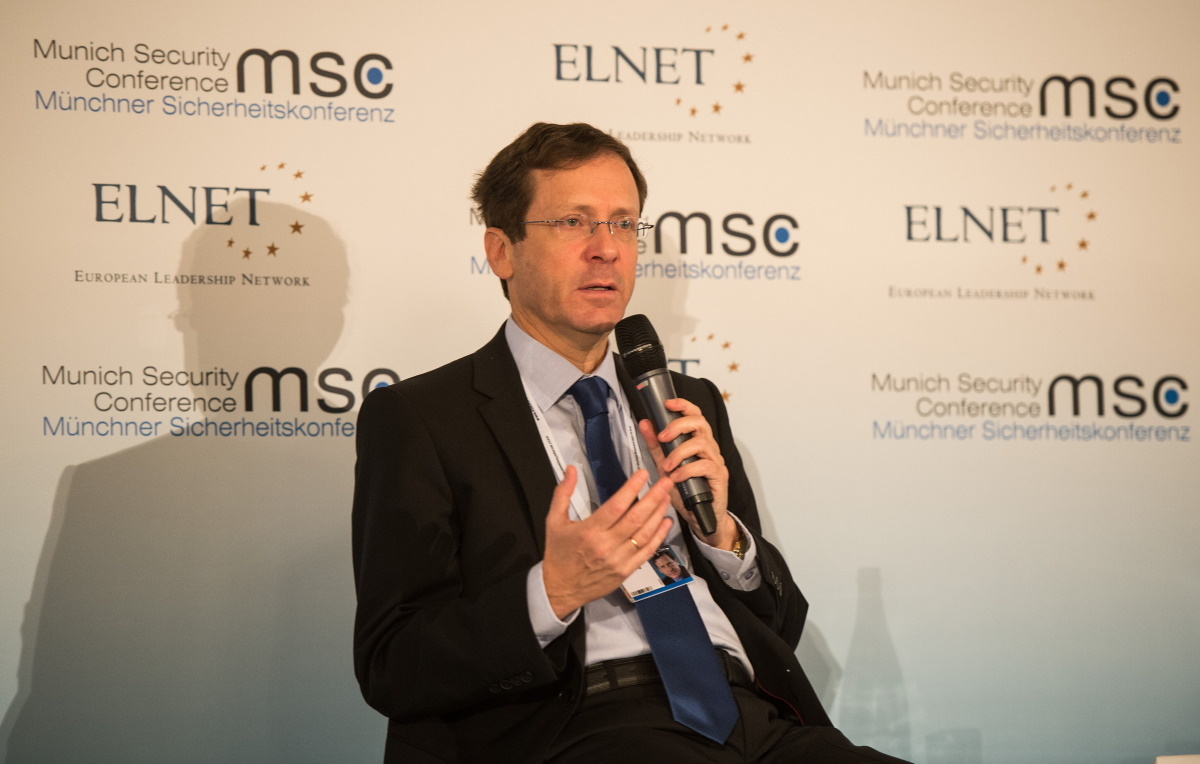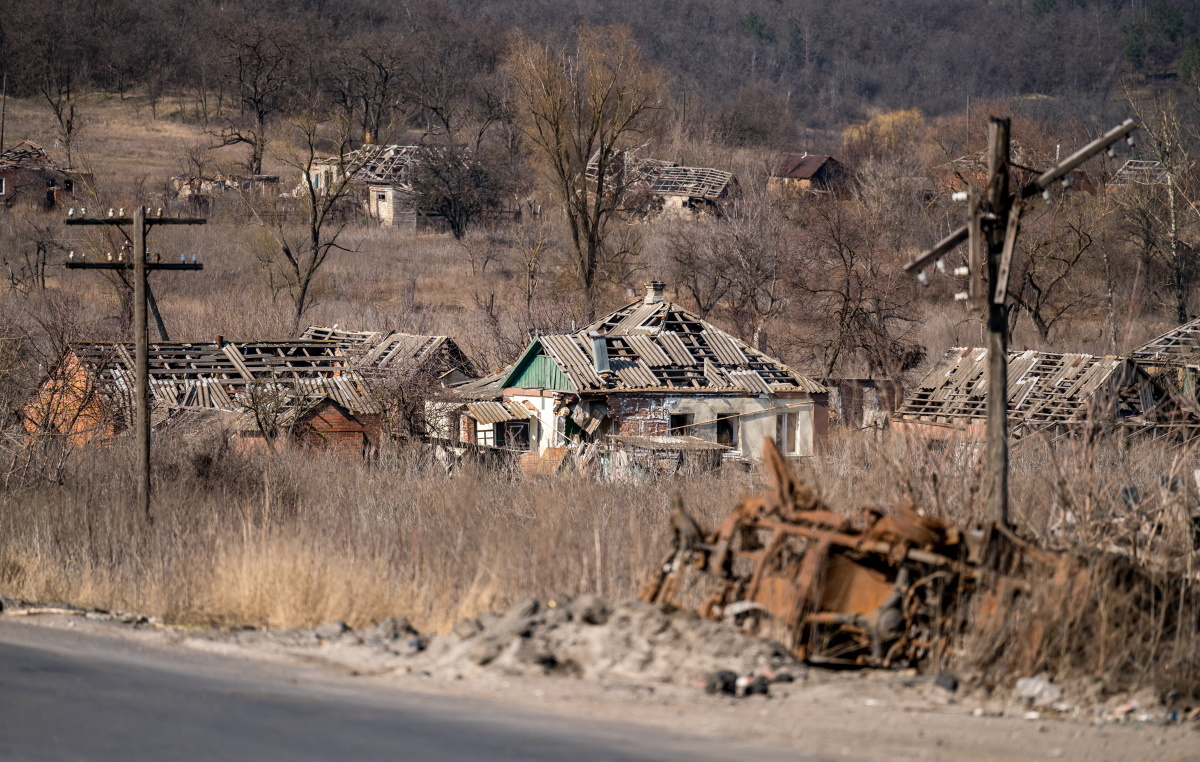Wojciech Korfanty was not a supporter of the uprisings in Greater Poland or Silesia. He believed that these areas should be recaptured and annexed to the Republic of Poland through the actions of diplomats, not generals, said Dr. Mirosław Węcki, a historian from the University of Silesia and the National Memorial Institute in Katowice.
Polish Press Agency: What kind of politician is Wojciech Korfanty?
Dr. Miroslaw Wecki: Korfanty’s political career can be divided into three main stages: German (1903-18), a period of contesting the border forms of a reborn Polish state (1918-1922) and Poland (1922-39).
The first stage was her political career – as a representative of Upper Silesia in the German Reichstag parliament (since 1903) and the Prussian national parliament (Landtag), where she represented Greater Poland. He was the first Upper Silesian representative in the Reichstag to unequivocally declare himself Polish. He won election as a representative of the National League, including attacking the German Christian Democrats, who at that time had great influence in Upper Silesia. Many Upper Silesian Poles, traditionally attached to the Catholic faith, voted for him. Korfanty had not yet preached slogans of independence, but he spoke out strongly in defense of the rights of Polish people and articulated Polish interests strongly in the Prussian parliament. In the last few years before the outbreak of World War I, his popularity and political activity declined. He became active again in 1917, and especially in 1918, when he was re-elected to the Reichstag. The most important speech of this period was delivered on 25 October 1918. In it, he publicly demanded that Pomerania, Greater Poland, and Upper Silesia be merged into a reborn independent Poland. Polish observers appreciated his energy, charisma and assertive tone. He was able to decisively attack opponents and promote his own views. Germans consider him a typical rally politician and a “dangerous demagogue”.
The second stage of his political career spans 1918–22 – the period from regaining Polish independence to the annexation of parts of Upper Silesia in June 1922. Initially, he was active in Poznań, in the Supreme People’s Council. As commissioner of the Polish People’s Republic, he became one of the political leaders of the Great Polish Uprising. However, he was not a supporter of the uprisings in Greater Poland or Silesia. Instead, he believed that these areas should be reclaimed and annexed to Poland through the actions of diplomats, not generals. Here I will explain that Korfanty never served in the Prussian army or the Polish army. Although he was associated with the leadership of the Silesian Uprising, he was never a military commander. He feared that an armed struggle with Germany, even a defeated one in the First World War, could end badly for Poland. Korfanty’s negative attitude towards armed struggle changed only in 1921, when he led the third Silesian Uprising.
As commissioner of the Polish plebiscite, and thus de facto the main executor of Polish government policy in Upper Silesia, he had the support of France, which supported the separation of this important industrial region from Germany, striving to weaken Germany to its maximum extent. The desire to join Upper Silesia to Poland was a rather important element of French foreign policy at that time. Korfanty limited himself to political leadership – he left military operations to the military. The incorporation of parts of this territory into the Polish–Lithuanian Commonwealth was Korfanty’s greatest success as a politician and brought him immense popularity.
PAP: What happened after the annexation of Upper Silesia to Poland in 1922?
Dr. M. Wecki: After 1922, Korfanty combined political activity with economic activity, which made him very different from most Polish politicians of the time. He joined the management boards of large Upper Silesian business entities and companies, including He became chairman of the supervisory board of Śląski Bank. This resulted in the loss of support from some of those who supported him in Silesia. The majority of Poles living in Upper Silesia at that time were miners, workers and peasants. Korfanty’s favorable position and this widely respected politician’s approach to business, at a time of ongoing economic crisis, was critically appreciated by large numbers of Poles. Mainly the owners of the mines and steel mills in the Silesian Province were mostly Germans, who dominated the local economy.
His political opponents in Warsaw took advantage of this, especially those who supported Marshal Piłsudski. Korfanty and Piłsudski had a friendly dislike for each other. They met in November 1918, when Korfanty was a member of the delegation from Greater Poland. Already at the time when the independent Polish Republic was being reborn, the first conflicts arose between them. Wielkopolanie represents National Democracy, and Piłsudski comes from socialist circles, from PPS. Then the chairman decided to form a government without the participation of the Wielkopolska National Democracy with Korfanty at the helm. This was the start of the conflict and dislike of the two politicians. Korfanty described the May coup unambiguously as “anti-democratic”, further inflaming his conflict with the Piłsudski camp. However, I would like to emphasize that in 1918-22 there were no major differences of opinion between them regarding the formation of western Poland. Indeed, Piłsudski was accused of “forgiving Silesia and Greater Poland to Germany”, but this was refuted by the active actions of the Polish government. After 1922, some circles of the rebels decided to support the Piłsudski camp, even though they had supported Korfanty for many years. Piłsudski people and enemies of Korfanty are e.g. Michał Grażyński, a rebel and later Voivode of Silesia.
PAP: Can Korfanty become Prime Minister of the Republic of Poland?
Dr. M. Wecki: He had a chance to become the most important Polish politician. In 1922, despite the support of the Sejm, his candidacy for prime minister was blocked by Piłsudski, who declared: “either me or him”. No one dared to dispute the marshal’s authority and Korfanty lost. Failures in this area were irreplaceable by the fact that in 1923 Korfanty assumed the post of deputy prime minister in the government of Wincenty Witos. However, after a few weeks, this cabinet collapsed.
Korfanty was unsuccessful in the struggle for power, but the National Bloc he led won the 1922 election for the Sejm of Silesia. Here, his image is tarnished by the already mentioned proximity to business circles. As leader of Poland, especially of the working-class population of Silesia, he lost a lot in the new incarnation of “capitalists” and “bourgeoisie”, which were received negatively both in Warsaw and in Katowice under conditions of general crisis. An increasingly important role was played by Grażyński, who was appointed – after the May coup – as Voivode of Silesia. A former rebel and Polish Army intelligence officer, he was a supporter of the escalation of the armed struggle for Upper Silesia during the third Silesian Uprising. He believed that the whole area should be taken and not limited to “armed demonstrations” and diplomatic actions. He accused Korfanty of political opportunism, supposedly preventing the rebels from taking over all of Upper Silesia.
At the end of his political career, Korfanty – an actor in political action and struggle – experienced many setbacks. The marshal’s supporters treated him mercilessly: he was put in a cell in the Brześć fortress (1930), but ultimately he was not tried during the so-called Brest trial. Piłsudski tried to limit his influence, but all the time he remained a member of the Sejm Silesia for successive terms. In 1935, threatened with further arrest, he emigrated to Czechoslovakia, where he actively participated in opposition activities against Sanacja. In 1939, several months before the German invasion of Poland, he returned to Poland and was arrested again. Released from prison due to poor health, he died before the outbreak of war. (PAP)
Maciej Replewicz spoke
sir/clap/

“Reader. Future teen idol. Falls down a lot. Amateur communicator. Incurable student.”




